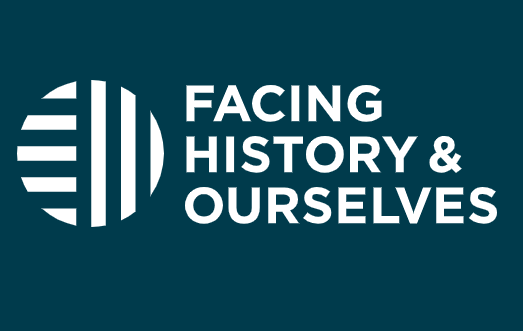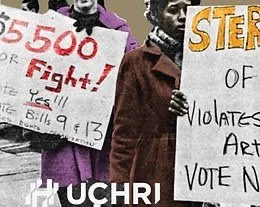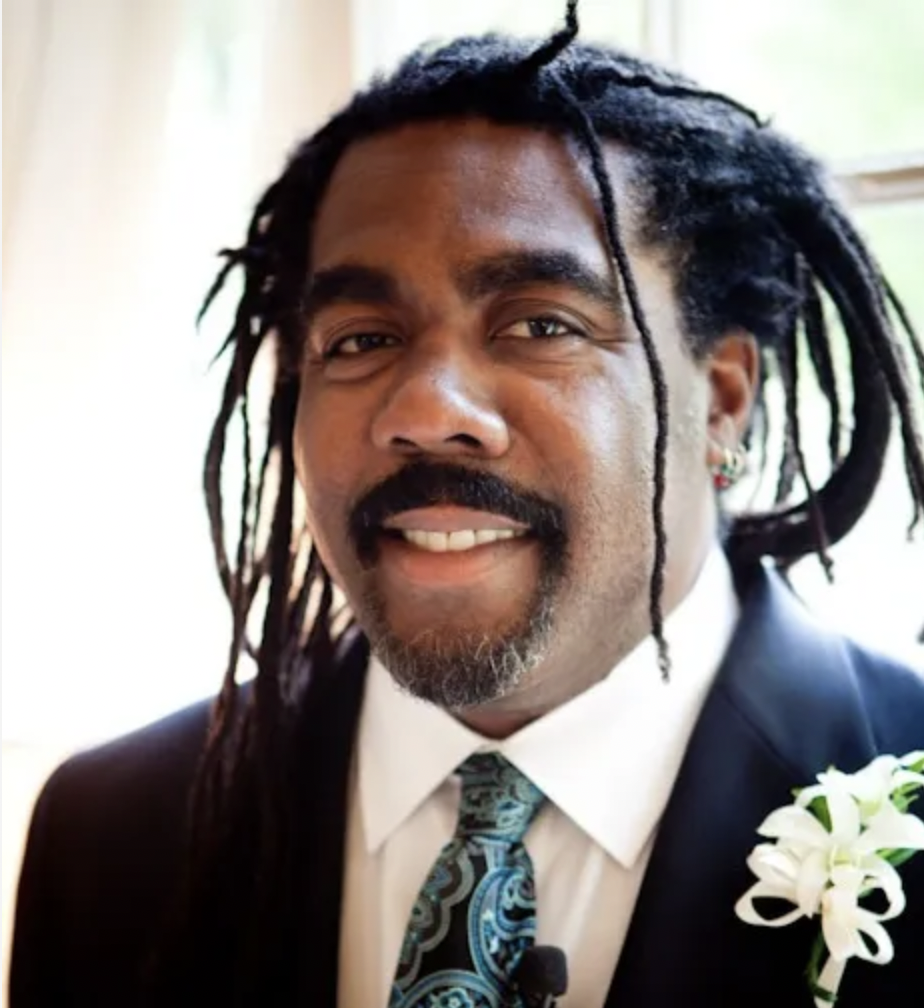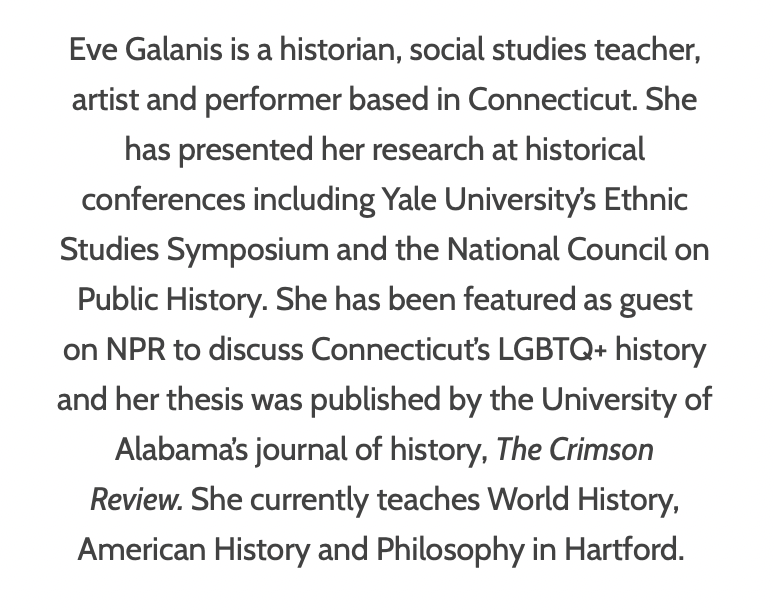Situating our Work
The following guides lay out the context within which our work operates and highlight the relevant resources, organizations, and university projects that might serve as entry points for those wanting to get involved in work beyond Yale.
As individual students, we've honed in on particular projects to further anti-eugenic discourse, but we acknowledge that our work does not and should not exist in an institutional vacuum. The AECY has conceived our depiction of an anti-eugenic future by engaging with different forms of knowledge production, and positioning ourselves and our work within the context of resistance based in anti-eugenics and anti-racism both within and outside of institutions (such as the University).
An anti-eugenics perspective engages with the legacies and iterations of eugenic discourse within contemporary fields, including through both academic disciplinary work as well as community organizing efforts. Anti-eugenics involves dispelling the lie of normality, interrogating foundational beliefs about objective truth, and centering marginalized voices in the process of collectively reimagining how we value people.
On this page
1- Our Takeaways
2- On: Academic-based Work at other Institutions
3- Featured Academic-based Projects
4- On: Communities of Resistance and Political Organizing
5- A Small Selection of Organizing Examples
6- Key Figures doing Anti-Eugenic Work
Refer to this menu to navigate to your section of interest.
Academic-based Work at other Institutions
The following are a selection of models and research efforts at other institutions in the U.S. and UK aimed at confronting histories of eugenics, race science, and slavery. Broadly, the goal of the AECY is to learn from these projects in hopes that they can inform our efforts to frame and document the legacies of eugenics research and advocacy at Yale.
Our Featured Academic-based Projects
-
University of Pennsylvania
Penn Medicine & the Afterlives of Slavery Project
PMAS is an offshoot of the original UPenn and Slavery Project created by Dorothy Roberts after administrative calls to examine the medical school’s research and medical practices. It pushes students to think critically about the role of race in medicine.
-
University College London (UCL)
Legacies of Eugenics Project
This student and faculty-led inquiry project digitally documented the history of eugenics at UCL. It involved archival works and feedback from expert witnesses and town hall meetings. This two-year project concluded in 2022.
-
Stanford University
Eugenics and Scientific Racism at Stanford and Beyond
This public facing project is a digital gallery which explores how a multitude of Stanford administrators and professors used their positions at the University and in their field to promote eugenics and scientific racism. There is an accompanying lecture series.
-
University of California Berkeley
“Remembering Eugenics at Berkeley and in California”
Assisted by Dr. Tony Platt, Professor Susan Schweik teaches this course at UCB. This Humanities Studio Course confronts the histories and legacies of eugenics at the University, in Berkeley, and in California.
-
Caltech
2020 Committee on Naming and Recognition
In 2020, Caltech President Thomas Rosenbaum established the Committee on Naming and Recognition (CNR) to re-evaluate the use of a eugenicist’s name on a campus building.
-
University of Virginia (UVA)
Universities Studying Slavery Consortium
UVA engaged in a multi-year project to document the university’s historical involvement in slavery. They also host the website for Universities Studying Slavery (USS) that involves dozens of institutions doing similar work.
-
National Human Genome Research Institute
The Eugenics Archive
This website project is an archive image database, compiling primary sources from 11 archives with accompanying virtual essay exhibits on key topics related to the American Eugenics Movement.
-
University of Vermont
Eugenics research website
This site has two features: (1) a documentary history of eugenics research and politics in Vermont & (2) documented histories of compulsory sterilization in all states.
-
Yale University
Yale and Slavery Project
This project was formally commissioned by University President Peter Salovey in 2020 and chaired by Professor David Blight. The project hosted a public symposium and a related seminar.
Organizations - Communities - Organizing -
Organizations - Communities - Organizing -
For as long as eugenic thought has circulated, groups and communities have looked to other ways of understanding difference and have actively fought the harm enacted by a history of eugenics that spans over a century. As we look towards the future, we can draw on these rich histories of resistance in order to imagine what an anti-eugenic future could look like.
These highlighted organizations do work on behalf of causes ranging from reproductive justice, immigration, disability justice, and more. They are linked to anti-eugenics because they combat ‘normal’ notions of human value and bodily autonomy.
Examples of Organizations
A range of scholars, activists, and artists are constantly activating people, producing literature, and teaching about the ongoing iterations and legacies of eugenics and race science. Here is a selection of some of the figures our cohort has engaged with:
Figures You Should Know
Angela Saini is a science journalist, broadcaster, and author of Superior: the Return of Race Science. Saini was the keynote speaker for the GLC’s 2022 Yale and Slavery Student Symposium: “From Slavery to Eugenics: Confronting Legacies of Racism in Medicine and Across the Disciplines.” In her book, Saini discusses the intertwined histories of racism and scientific research, incorporating journalistic reporting and anecdotes to deliver a compelling and engaging read. She shows how scientists naturalized racial hierarchies into scientific knowledge production—and points to contemporary examples in medicine and popular culture, discussing racial stereotypes, global power, and culture.
Milton Reynolds is a career educator, author, equity and inclusion consultant, and activist. He spoke to us on radicalization, essentialism, and the idea of historical continuities in race science and eugenics (as opposed to simply legacies of the past).
“Eugenics, Euthanasia and Eudemonia: Connecticut Valley Hospital Source Analysis.” (2021) is an essay penned by independent scholar Eve Galanis, and published on her website “Intersectional Histories.” Read Eve Galanis’ article on histories of institutional confinement and Eugenics in Connecticut here. Eve is an educator and independent historian and writes on histories of intersectionality past and present.








